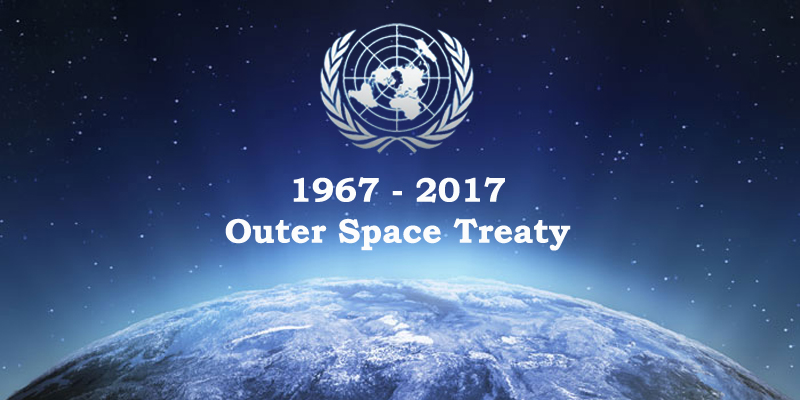|
Planet Earth, December 21st 2016
The SRI Board announced a position paper on civilian space development
(https://spacerenaissance.space/wp-content/uploads/2016/12/SRI_Position_Paper_December_2016.pdf)
The position paper focuses the priorities of the international space advocacy association for the next four years, in response to the current global situation, as the Space Renaissance continues to unfold – led by the test-flying of fully reusable sub-orbital launch systems. Such epochal achievement will eventually lead to the dramatic reduction of the cost of traveling to orbit, making commercial civilian and industrial activities in space feasible.
The paper identifies three essential developments, which SRI will support with immediate outreach actions:
- Developing Low Cost Access to Earth Orbit
- Addressing the issues of the protection of civilian life and health in space, and
- Consolidating a suitable set of laws for the global governance of activities in outer space, i.e. to collate and extend international civilian rights in space.
This aspect has particular relevance in view of the coming celebration of the 50th anniversary of the Outer Space Treaty, signed in 1967.
Some key technological advances, including fully reusable rockets and additive manufacturing, will allow the rapid growth of a wide range of manned activities in Earth orbit and provide the first steps towards industrial growth in the region of “near-space” around the Earth and Moon.
SRI will promote and support this ongoing process – encouraging the cultural paradigm shift from quasi-military space exploration to civilian expansion into outer space, which is now overdue in order to create new opportunities and relieve the stresses of a world becoming more crowded and jobless.
Following the recent SRI World Congress resolution, the Board has invited the SRI Executive, in which all the national groups and chapters are represented, to take initiatives in the frame of the Space Renaissance Tour, a broad outreach program aimed at bringing popular awareness of the Space Renaissance, and the urgent need to promote it, to as large a part as possible of the general public world wide.
|
